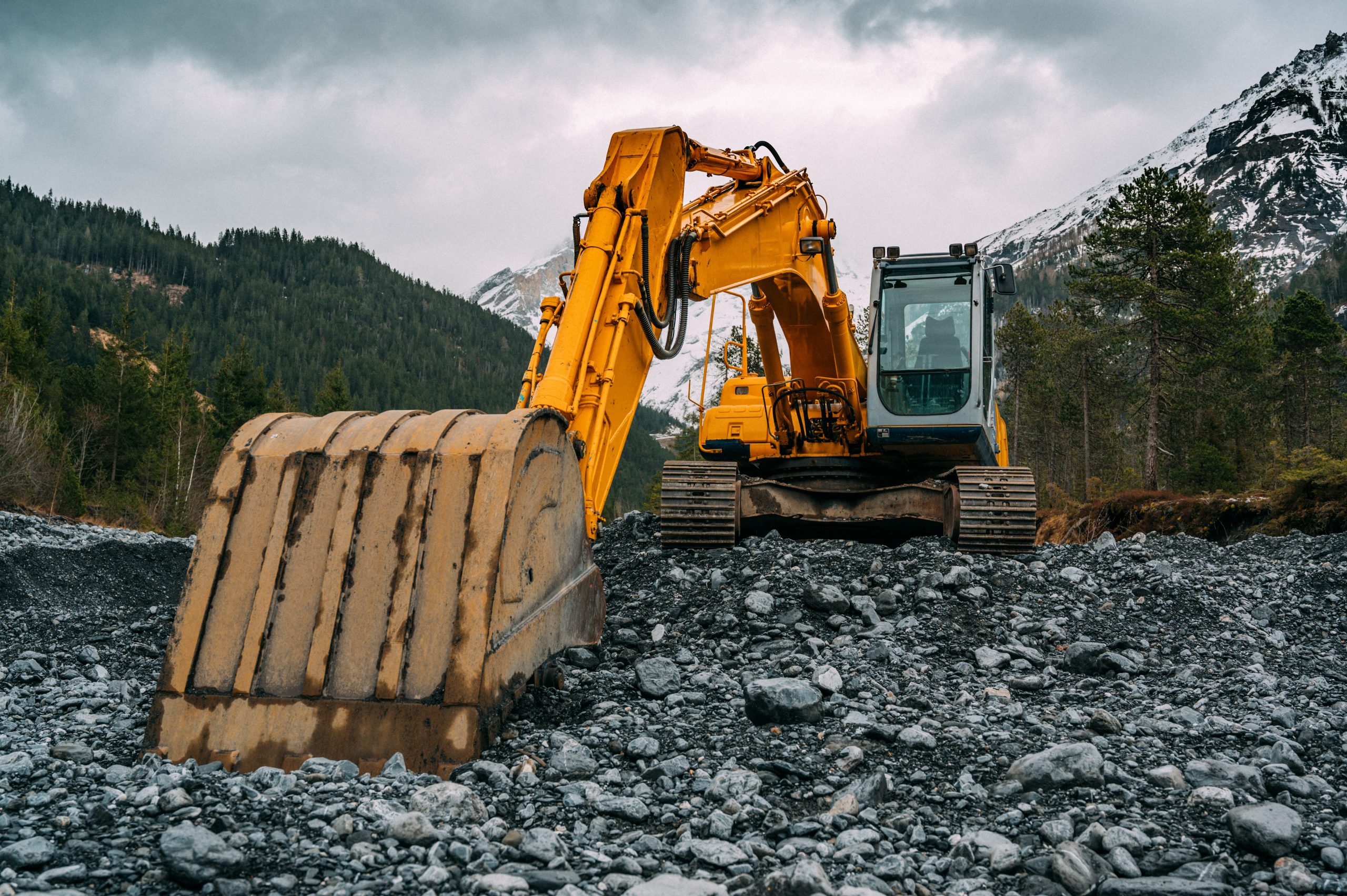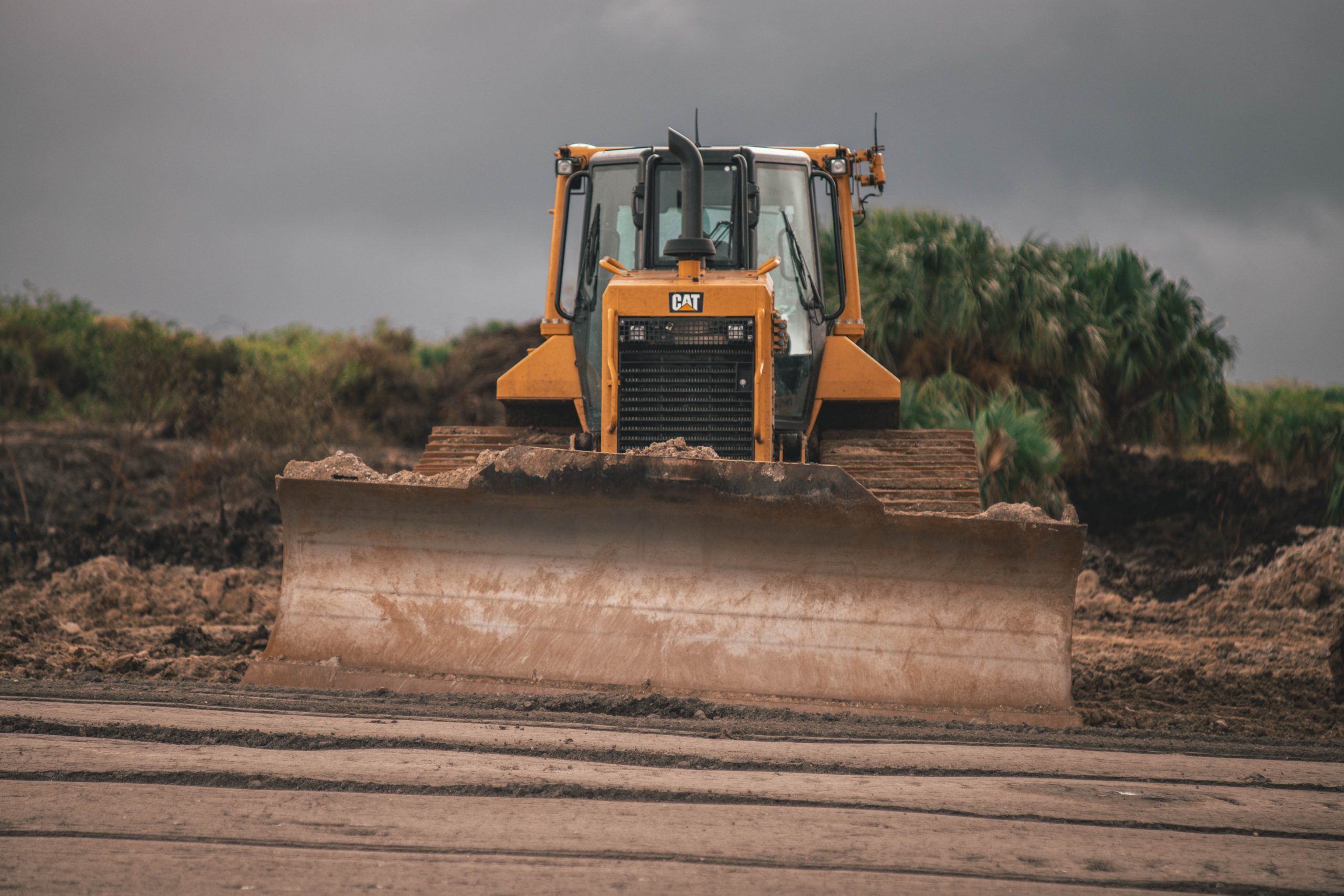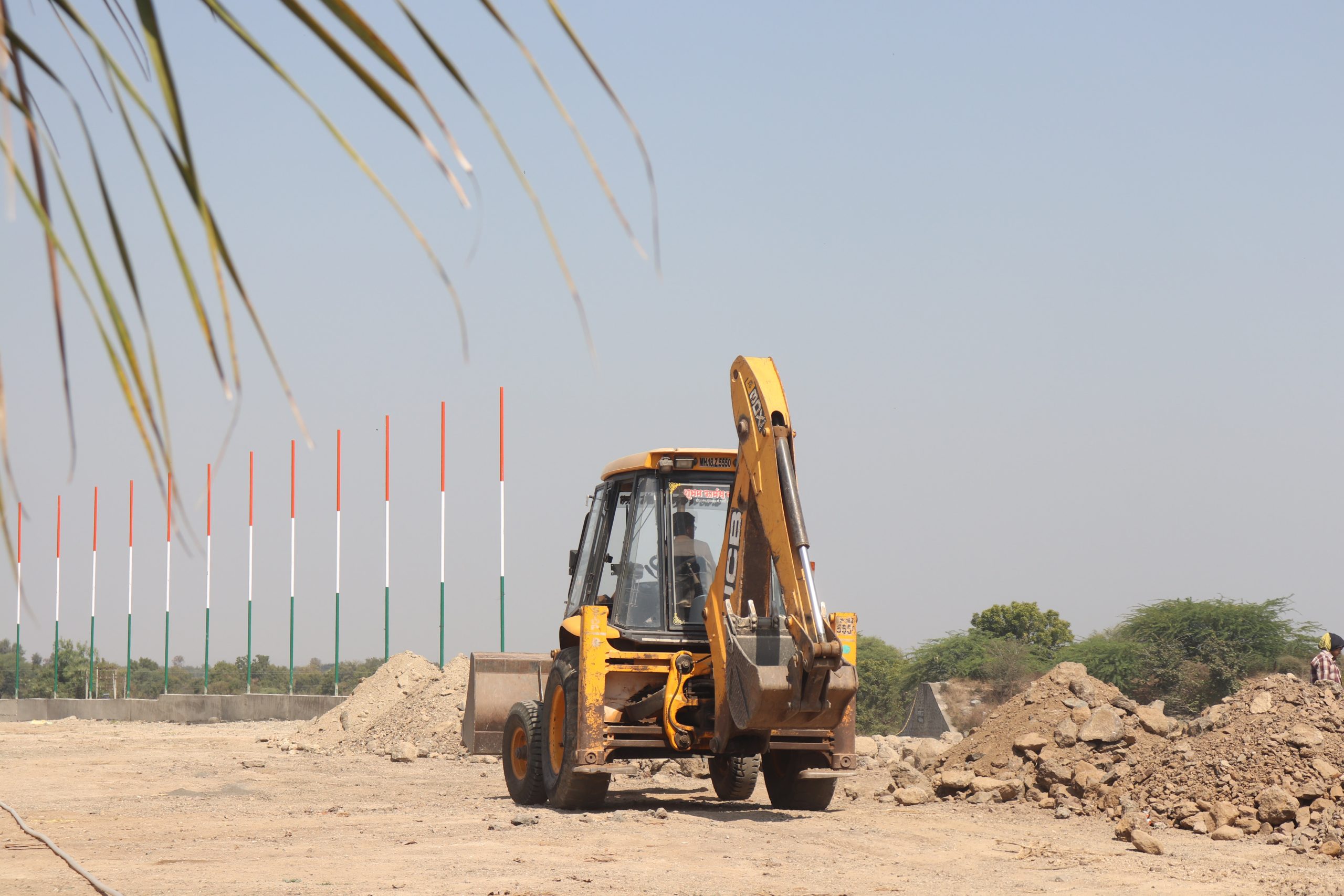For many kids, being a heavy equipment operator is the first job they are introduced to! With Caterpillar Excavators demolishing Barbie dreamhouses, they start learning some of construction’s project phases. Playing with miniature version of construction equipment subconsciously teaches them how to demolish, build, and move materials. With technology becoming more prominent in children’s upbringing, these introductions are becoming rarer, and the kids who did play with them are now grown up looking for careers. Luckily, being a heavy equipment operator is becoming more popular!
To operate heavy equipment, one must be at least 18 years old and have a valid driver’s license; however, they may begin training programs sooner. These programs are present all over the world and provide individuals experience both in a classroom setting and hands-on. Some students may also find it to be an advantage to obtain a Commercial Driver’s License (CDL) as it will only help strengthen your skills, and some employers require it depending on the job at hand. Operators also must have knowledge on the function of their equipment as they are responsible for not only maintaining its capabilities but repairs when needed. Having a mechanic background, or set of skills, is a great start when coming into this field. Like other dangerous occupations, and everything in the world, practice makes perfect. Operators must accomplish a certain number of hours during their program to become certified, and then also may require more depending on the employer.
The average salary for a heavy equipment operator is around $50,000 as of 2021, but the demand is ever-growing for this position. It is estimated to grow 5% in the next 10 years, which doesn’t sound like many, but amounts to 22,000 more operators. Being a heavy equipment operator is also a very large industry. There are countless types of machines needed for every possible need. There are also different types of the same machine as they are catered toward the environment they need to run in, and the load they need to carry. Operators can cater to one specific piece of equipment or run many types! There are some businesses that are strictly for excavator or bulldozer use, whereas others that manage landscaping projects and use a variety of equipment to get the job done.

Excavators are one of the most common machines on worksites. They are used for a wide range of purposes. The cab rotates allowing 360-degree access and can be moved via the tracks or wheels. The arm can vary in lengths and attachments to accommodate different work sites.
Types of Excavators: Crawlers, Wheeled, Dragline, Suction, Skid Steer, Long Reach, and Mini Excavators
Uses: Grading; Mining; Digging; Dredging; Demolition.

Bulldozers will have a large heavy blade at the front to push, level, or remove anything in its path. There are different types of blades depending on what work is needing to be completed.
Types of Bulldozers: Crawler, Wheel, and Mini Dozer
Uses: Clearing land and brush; Constructing Roadways; Pushing/Moving earth, rocks, sand, and other heavy materials.

Backhoes have a similar structure to excavators, but are highly customizable as the backhoe allows for different attachments depending on the required work, and can have a loader on the opposite end.
Types of Backhoes: Augers, Compactors, Hammers, Snow Handlers, and Rippers
Uses: Transporting Materials; Demolition; Landscaping; Breaking Asphalt; Digging and Uprooting Trees; Grading; Plowing Snow.
The world of heavy equipment is not only present in the obvious industries, but also in entertainment! There are many shows that have aired, and still do, that feature the use of heavy equipment along with the struggles and successes of the businesses. The Discovery Channel features multiple shows about the mining industry, specifically gold. Gold Rush has been airing since 2010, and other shows of competing companies have also started their own shows. These shows not only feature the typical equipment, but some of the industry’s largest and most powerful! In fact, the mining industry is home to some of the world’s largest heavy equipment such as the Komatsu D575 bulldozer that’s blade measures 13 feet high and 26 feet long! Featured on Gold Rush, the Volvo EC750E Excavator has a bucket capacity of 6.7 cubic yards, which equates to just over 1,350 gallons.
There are plenty of other industries that aren’t construction related that use heavy equipment as well. Sports use machinery to lay new turf for football, soccer, and other field sports. A fan favorite, the Zamboni, is also considered heavy equipment! Another industry that relies greatly on the use of heavy equipment is farming. The typical machines in construction like bulldozers and backhoes are used, but also machines for harvesting crops are considered heavy equipment as well, such as combines. No matter where you are in the world, at some point a piece of heavy machinery was used. From digging ditches to building skyscrapers, heavy equipment operators are required everywhere, making it a highly demanded career. If you’re interested in spending your days outside, destroying current areas to create new structures and layouts, this job just may be perfect for you! If you know someone who is interested in this type of work, share this blog with them via the icons below or leave us a comment!
Share this Post

